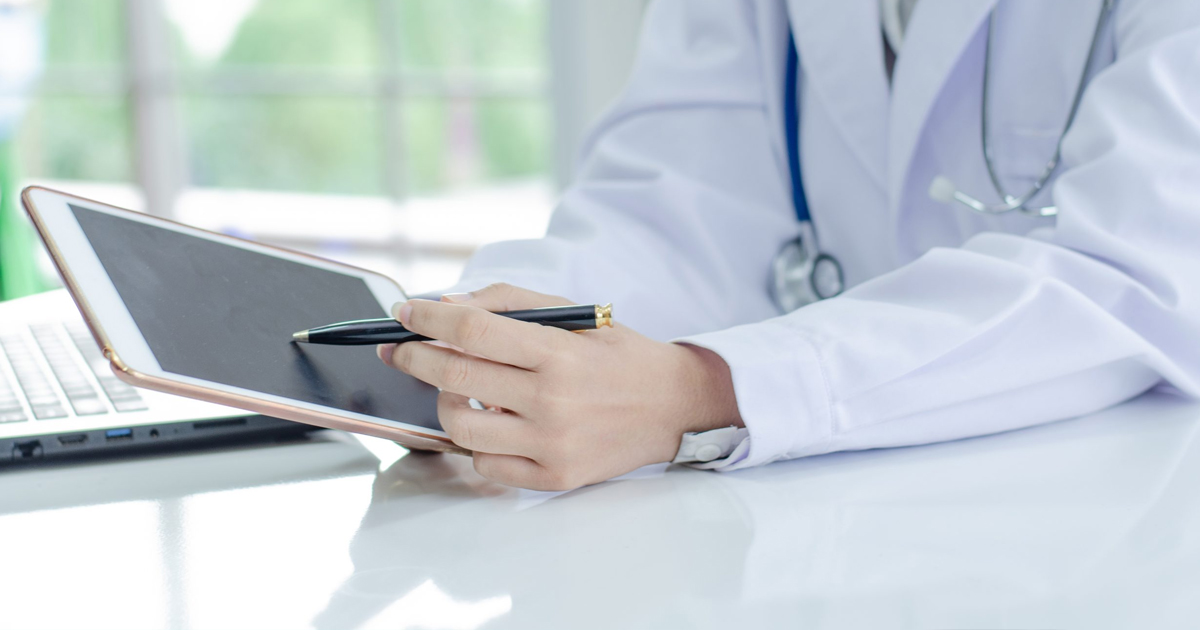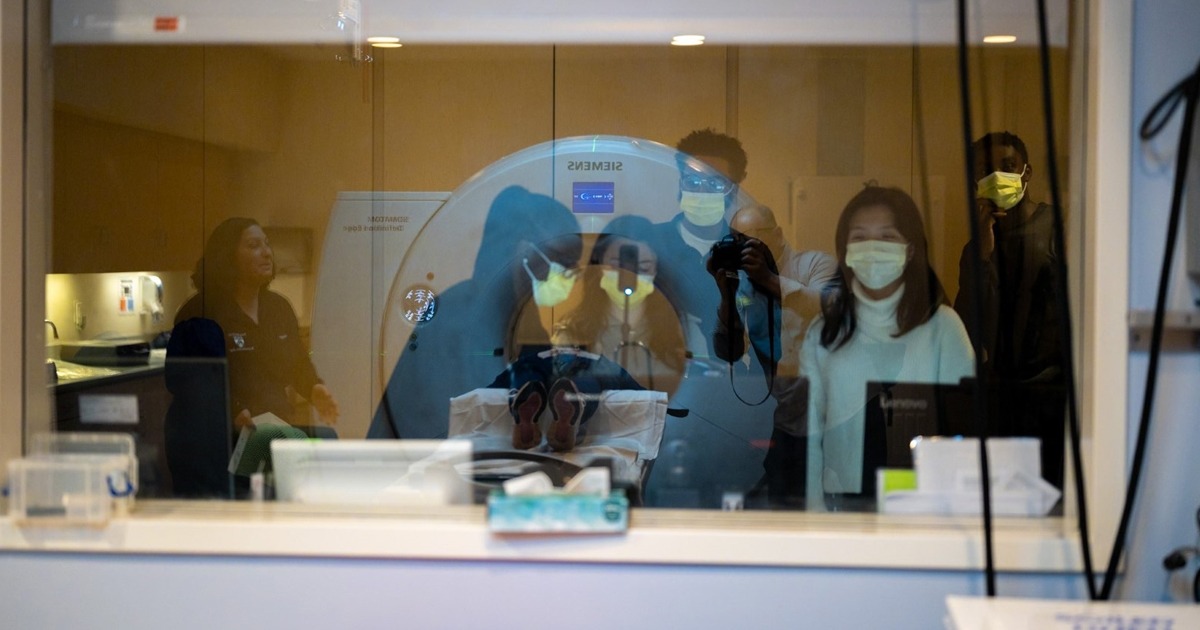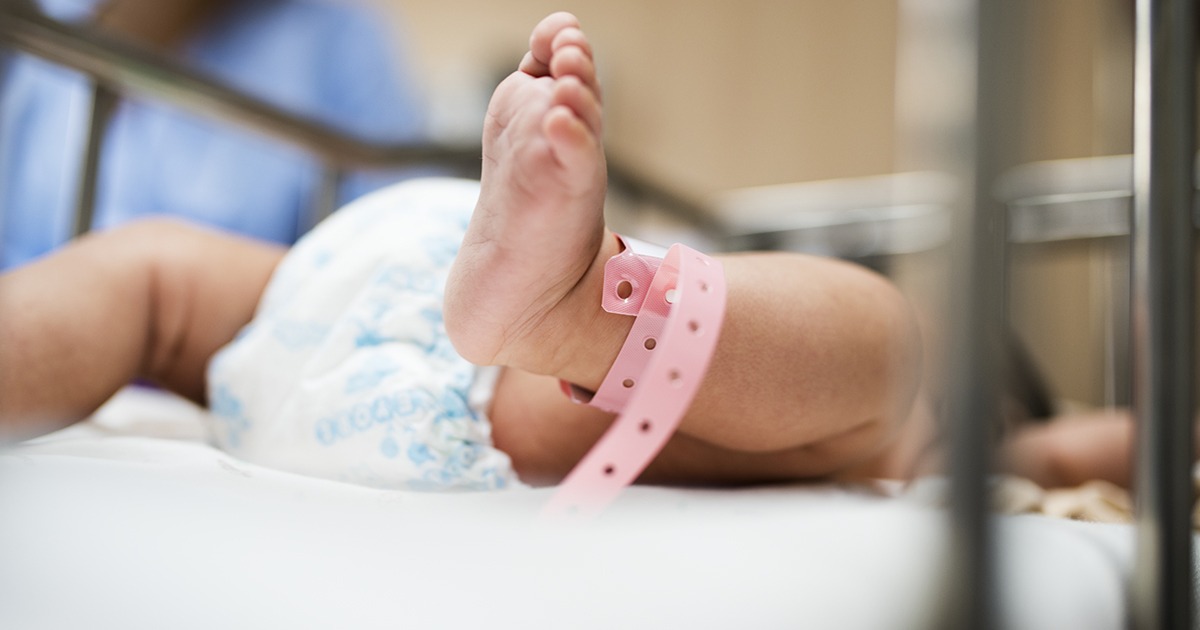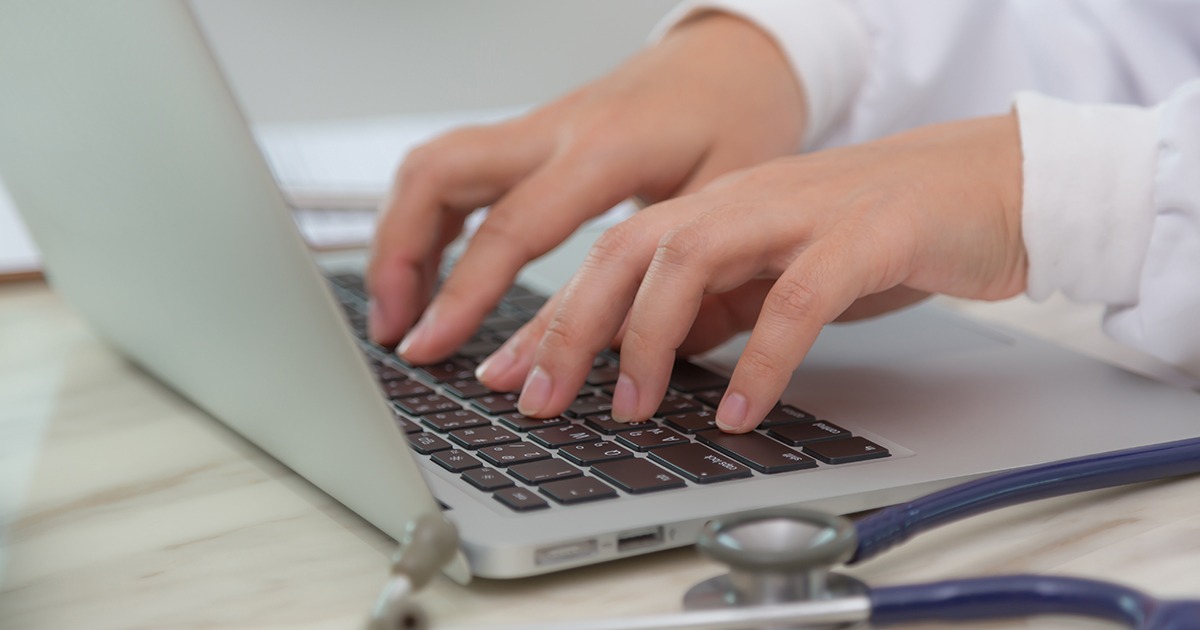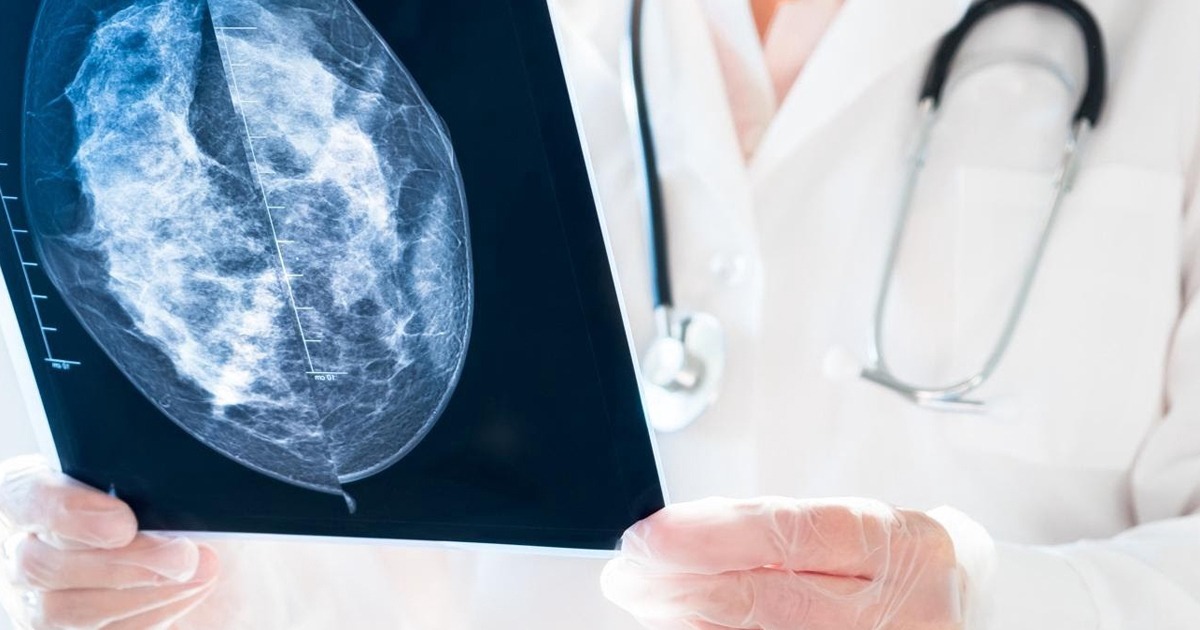Researchers from Yale-Mayo Clinic work with Biofourmis digital therapeutic specialists in the use of machine learning technology; the goal is to obtain information from biometric markers to improve medicines.
The Yale-Mayo Clinic center of excellence and Biofourmis, a digital therapeutic company, have partnered to determine criteria for evaluating the effectiveness of patient-centered drug use that determine the development of drugs to treat heart failure.
Based on these criteria, a 60-day test was initiated in August this year to capture patient information and analyze it on the BiovitalsHF, mobile health platform, developed by Biofourmis.
For this, 2 biosensors are used that capture data, a medical grade Everion device, and an Apple Watch 4 series with ECG; which, through an app with machine learning technology, analyze dozens of physiological biomarkers, which can detect the heart's inability to maintain proper circulation, even weeks before a decompensation occurs.
The U.S. Food and Drug Administration (FDA) published a report on the development of drugs for the treatment of heart failure that states that "end patient-centered data could be a basis for drug approval, and thus treat the disease as it is a problem affecting about 6.5 million patients in the United States."
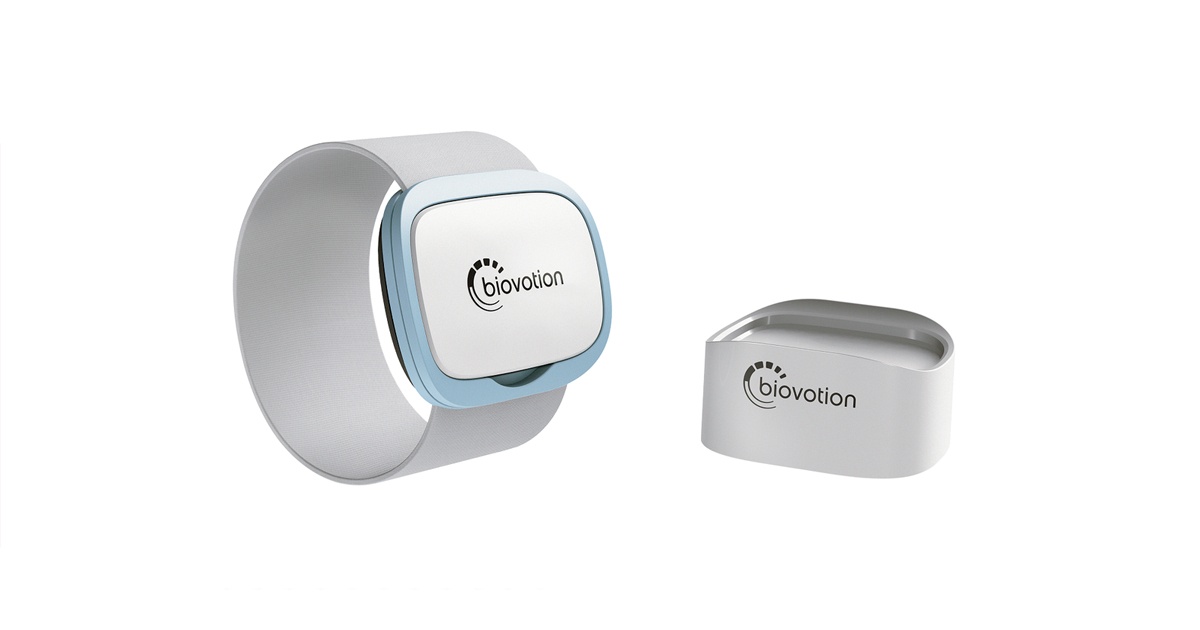
Rajput, Founder and CEO of Biofourmis commented, "Since precision medicine is about getting the right dose of therapy for the right patient at the right time, being able to constantly capture biometric data 24 hours a day and 7 days a week, with patient-generated data will play a key role in the future of how the drug is being performed," adding, "this approach will also help ensure that therapies are highly individualized."
Biofourmis and Yale-Mayo Clinic researchers say their project will provide additional information that will enable the FDA to make sustained decisions.
All the implied benefits also include reducing research times and budgets that are reflected in reducing drug costs, as well as the amount of time patients need to travel to the clinic where researchers would collect the information.
He also noted that recruiting patients for a clinical trial is one of the longest aspects of the drug approval process: "by facilitating the process for patients by being monitored from the comfort of their own homes, patient recruitment is also much faster, which can also help shorten the duration of clinical trials during the drug approval process" Rajput concluded.
This is how technology available to all users is opening up great possibilities for researchers to obtain medical records and health-related activities in less time, costs and with greater scope, enabling better-sustained decision-making.
HEALTHCAREITNEWS
FDA
